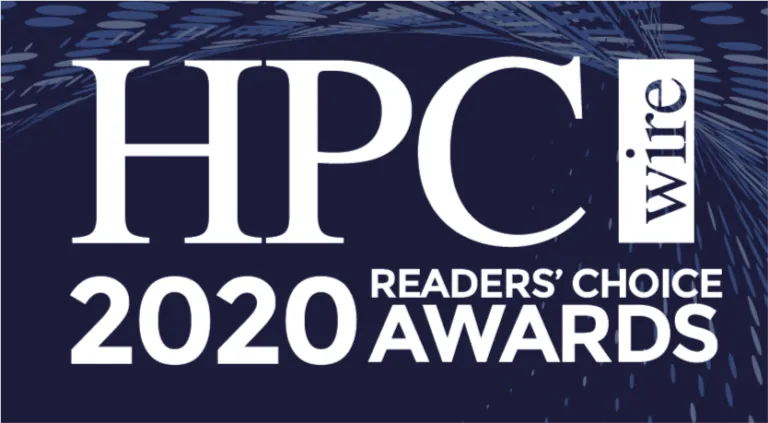The team at Alces Flight are pleased to announce that the University of Liverpool has been nominated for the HPCwire Readers’ Choice Award for Data Analytics and Artificial Intelligence. The Department of Eye & Vision Science and the ARC team have been working with our HPC specialists and the team at Amazon Web Services (AWS) to target diagnosis models for COVID-19. This project work, built on the ARC Cloud HPC Barkla service, has been utilising the power of quad Nvidia v100 GPUs to increase the training speed of their 2D X-ray and 3D CT scan diagnosis models.
“It’s a great honour to be working with the University of Liverpool researchers and our partners at AWS to turn the diagnosis models from concept into reality,” said Cristin Merritt, Program Manager for Cloud HPC at Alces Flight. “By being able to utilise the services already established for the University of Liverpool’s Barkla and Cloud Barkla systems created through the Alces Flight Center management platform we were able to build and optimise the system for the researchers to quickly scale and test their modelling capability. The security capabilities for the protection of health data within the UK London region on AWS, alongside the quad Nvidia v100 GPU availability, meant that the team’s time to science was near instantaneous. The speed the platform offered even allowed us the opportunity to build out two additional model runs during the time the AWS research grant was available. We’re looking forward to the publications that Dr. Yalin Zheng and his lead researchers, Joshua Bridge and Yanda Meng, are able to produce thanks to this work.”
Voting is now open for this project and other advancements in the HPC community on the on the HPCwire submission site. You can also preview the ballot here.
The project was funded in part by the AWS COVID-19 Global Disaster Fund for Researchers and by the Alces Flight HPC Community Outreach Fund. The initial announcement for the project work can be found here. The team will also be participating in the SC’20 State of Practice talks in November of this year with the initial publications of this work due in late 2020/early 2021.


